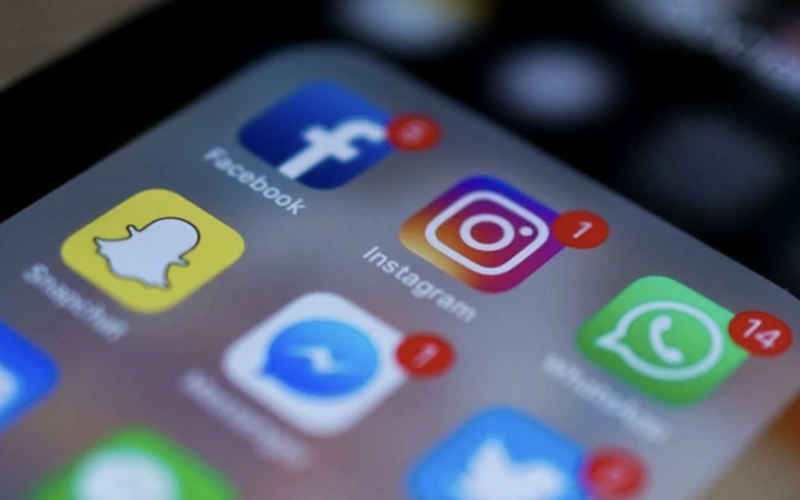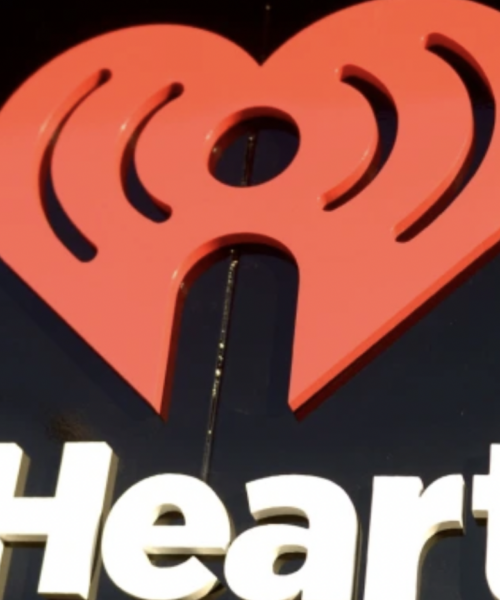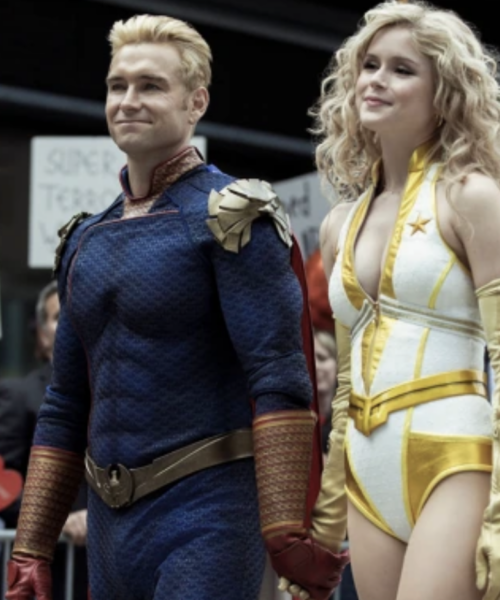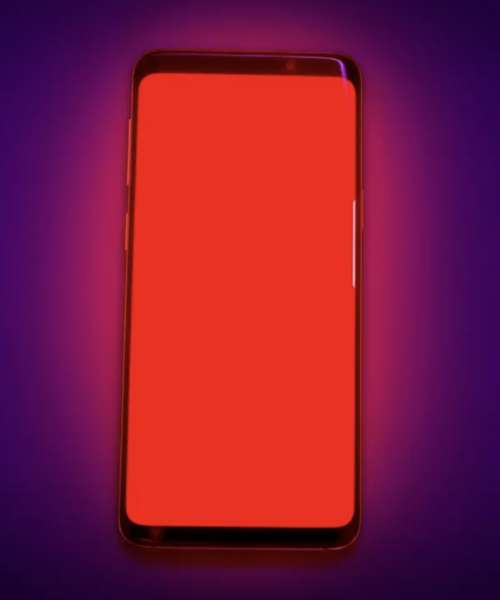BY ASHLEY CULLINS | HollywoodReporter.Com
Troy Warren for CNT
The social media giant argues embedding “is not direct copyright infringement” and therefore no one can be secondarily liable for enabling it.
Instagram users unhappy that their images have been embedded on third party sites can’t sue the app over it, at least that’s what the social media giant is trying to convince a California federal judge.
Two photographers in May sued Instagram on behalf of a proposed class of users who from July 1, 2013 to present uploaded content to the app that was embedded elsewhere without permission. They claim the feature flouts copyright protections and mistakenly gives the impression that users can embed copyrighted works with no worries like they’re “eating for free at a buffet table of photos.”
In a motion to dismiss filed Friday, which is embedded below, Instagram says the photographers can’t sue them for secondary liability because that requires someone else being liable for direct copyright infringement and the underlying tech and established case law show that’s not possible here.
Instagram reiterates that anyone who creates an account agrees to its Terms of Use, which grants “a nonexclusive license to publicly reproduce and display the content the user uploads and posts to their account.” It also dives into the tech underlying the embedding feature, essentially offering a World Wide Web 101 class: The web is a “global file system,” HTML files are “a recipe” for the website a person is looking for, and adding in an embed code tells the webpage to bring in elements from another server.
The company points to something called the “server test,” which was established by the 9th Circuit U.S. Court of Appeals in 2007 in a lawsuit involving Google and image thumbnails. Under that test, Instagram argues, “an internet company can be found to directly infringe a copyright owner’s rights only if it hosts and transmits the copyrighted material from its ownservers.”
Here, it’s Instagram that hosts and transmits the content — not the third parties who are embedding it.
“Because embedding is not direct copyright infringement as a matter of law, Plaintiffs’ secondary liability claims against Instagram must fail,” writes attorney Joseph C. Gratz in the motion. “Leave to amend here would be futile because the identity of the server that transmits the copyrighted works to the user is undisputed. Both parties agree that the accused embedded content is transmitted from Instagram’s servers, not the third-party publisher’s servers, to the user’s browser. … Thus, there is no set of facts Plaintiffs could allege — without contradicting themselves — that would change the applicability of the Ninth Circuit’s server test.”
A hearing is currently set for Aug. 20.
In Other NEWS



































